The rapturous reception and Oscar nomination for Drive My Car made Ryûsuke Hamaguchi an internationally recognized director. But his newest feature, the eco-conscious rural drama Evil Does Not Exist, is a much smaller work — in fact, it wasn’t even supposed to be a feature film to begin with, but a visual accompaniment for his longtime collaborator Ishibashi Eiko.
-


Chief Justice Qazi Faez Powerful Remarks Over Intervention In Court Verdict | GNN
-


Why Was There a Need To Make Ishaq Dar The Deputy Prime Minister? | Babar Awan Revelation | GNN
-


خاور مانیکا دورانِ گفتگو آبدیده #gnn #khawarmaneka #imrankhan #bushrabibi #news #breaking #latest
-


Bushra Bibi sent to Adiala Jail? | Breaking News | GNN
World
Sadiq Khan clinches third term as London mayor
The newly elected mayor emphasizes his commitment to all Londoners, including those who didn't support him, his rival Susan Hall maintained a stoic demeanor throughout his speech, visibly expressing disapproval.
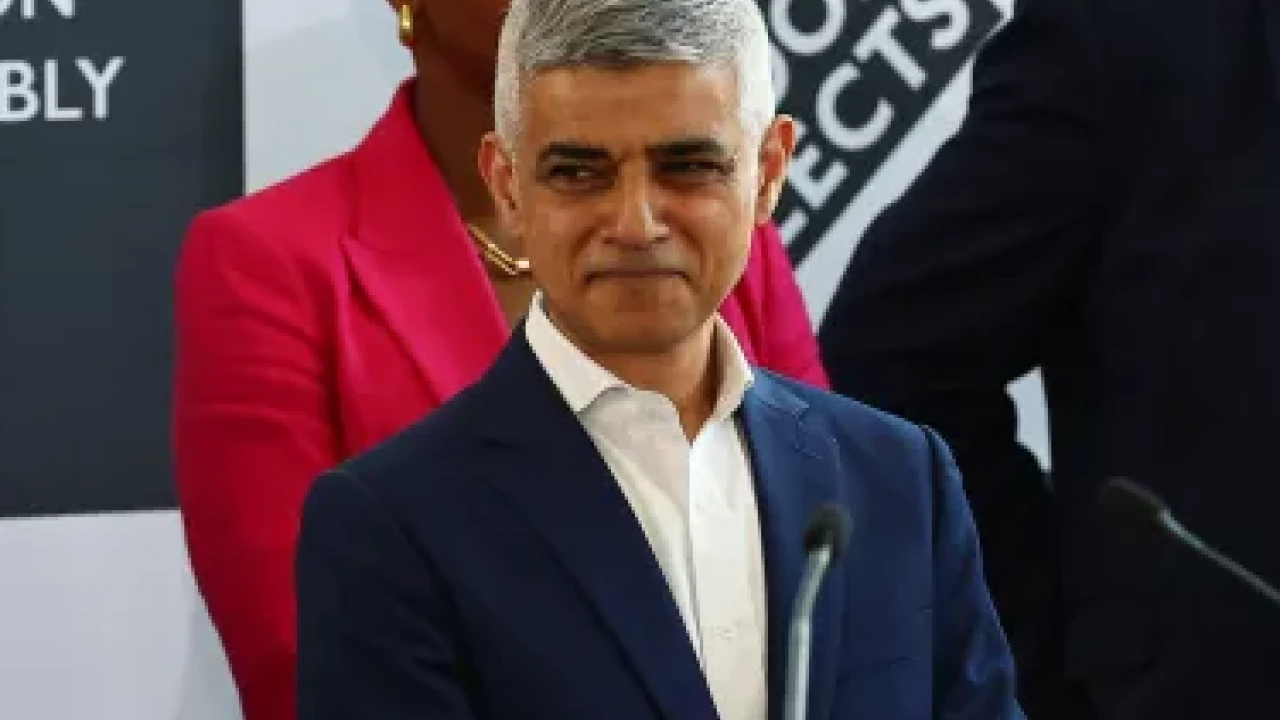
London: Sadiq Khan secured his place as London's mayor for a historic third term after a tense electoral battle, prevailing over Conservative candidate Susan Hall with 43.8% of the vote.
Sadiq Khan acknowledged the challenges of the recent months, highlighting a campaign marked by relentless negativity. He commended his team for countering fearmongering with facts, hate with hope, and divisive rhetoric with unity.
He expressed these words during his victory speech on Saturday.
However, he faced criticism and jeers on the occasion.
Khan emphasized his commitment to all Londoners, including those who didn't support him, his rival Susan Hall maintained a stoic demeanor throughout his speech, visibly expressing disapproval.
Khan, aware of the polling suggesting a comfortable lead, urged Labour supporters and indifferent Londoners to participate, framing the race as a "close two-horse race."
Despite a slight decrease in voter turnout compared to the previous election, Khan's team gained confidence as Labour secured victories in key constituencies, bolstering their belief in a successful outcome.
Prior to the election results, Labour leader Keir Starmer expressed confidence in Khan's victory, viewing the mayoral race as a crucial milestone on the path to the general election.
Technology
Ryûsuke Hamaguchi wants you to watch his new movie at least twice
The Japanese director sat down with The Verge to talk about his new film, Evil Does Not Exist, and how the reception of Drive My Car has changed expectations of his work.

Still, Hamaguchi takes the smallest of small-town politics (a 20-minute scene is about the placement of a septic tank at a new glamping site) and spins together a conflict about family, community, and whether humans can actually live peacefully in nature. Speaking through a translator, Hamaguchi sat down with The Verge last October, just after the premiere of Evil Does Not Exist at the New York Film Festival, to talk about the movie’s reception, its surprising origins, and the meaning of its wild ending.
This interview has been edited and condensed.
Your profile internationally is much larger since Drive My Car. Do things feel different this time around?
Yes, I definitely feel like it is quite different. I would say that the interview requests have increased exponentially since before Drive My Car, and for that, I’m very thankful. And of course, there’s also the pressure and worry about meeting certain expectations. So last night’s warm reception was really, really wonderful for me.
Did the expectations change the way you wanted to make your next movie?
I don’t know if it has much to do with the reception of Drive My Car, but it did feel like a culmination of about 10 years of work. And so this time, I felt like I wanted to do something a little different.
Different how?
This film was started as a prompt from Ishibashi Eiko to make some live accompanying visuals for her live performances. And so thinking through that process and one where I was asked to make a film without any dialogue was really, really interesting to me. Typically, I write from dialogue. I start with the script and the conversations that the characters are having. And so I had to think very deeply about how to write without starting from that space. I did a lot of research, and I thought that it was a very fresh approach for myself.
How did you find this town, Mizubiki?
The town itself is fictional — an amalgamation of various places that I was researching. But I started from just thinking about what environment would match Ishibashi-san’s music. We went to her studio, a place that’s surrounded by nature. I was trying to think about visual elements that would match her music and visiting her town.
We also encountered the story of the community meeting, which is something that actually happened there. And so that also became part of the research and became part of the film.
The real meeting was about glamping?
Yes.
Is glamping popular in Japan?
The interest is at an incline right now, yes.
Do you feel it’s a post-pandemic interest or...
I’m not sure if it’s a direct response to the pandemic because there was a lot of interest before the pandemic, but that increase in interest maintained itself during the pandemic because it was something that was also something that you can enjoy even during covid.
I felt like a lot of the anxieties in the movie felt like a lot were out of the pandemic. The surprising part to me is when the perspective shifts to the two workers at the talent agency. They hate their office jobs and want to be outdoors. It felt like people who were stuck working from home, and those feelings were brought to the forefront by the pandemic.
I wouldn’t say that the relationship to the pandemic is that direct in the film. In fact, I think about the general mood of the film as being something that’s been progressing in about the last 10 years in Japan, the economic decline, and the fact that the pandemic maybe accelerated these various worsening of society. For instance, the irresponsible plan to bring on a glamping site, that’s more a reflection of an increase in people driving toward short-term profits. And it’s just indicative of that general state of society in Japan.
And a disturbing of natural ecosystems.
Yes, nature is affected as well. In fact, in areas like Tokyo, the more heavily wooded areas are being paved over because of redevelopment, and there are a lot of protests happening around those kinds of issues. And so I think that a lot more people and entities are just thinking about short-term profits and really not considering the long-term effects that has on society and nature.
The meeting scene is very confident. Were you worried it would be boring on screen, or did you just know it was going to be compelling?
When I heard about this real meeting that happened, I found it incredibly interesting. For the film, I actually took a very long meeting and tried to condense it into a 20-minute scene. I was pretty confident that people would find this interesting. And I think that it’s something that when you’re watching it, you may first think that it has nothing to do with yourself, but as you’re watching you realize that there’s a lot to relate to.
Twenty minutes is a long scene.
Twenty-minute scenes are pretty common in my film, so I wasn’t that worried.
So you hear about the meeting, and you’ve shot footage for Eiko’s project. At what point did you know you had the start of your next feature-length film?
I began to see this as an independent film while filming. In fact, it was when we were filming the scene at the community meeting because even within the film, it’s one where the dialogue is very important. I noticed just how important each actor’s performance was, and that’s when I thought it needs to be its own thing.
(Brief spoilers follow)
Okay. I do want to ask about the ending. I feel like it takes a pretty sharp turn at the end. What are you trying to say?
There’s nothing that I want to explain in words, to be honest. Last night at the onstage Q&A, I mentioned that perhaps it takes three viewings to understand the ending. But I actually think that two times might be enough to understand that the things that are happening in the film are actually all leading toward and progressing toward that culminating moment.
Yeah, I guess I’ll test my read of it on you. Takumi has this very idyllic notion of this town, and then the ending pulls that ideal away from us. Moving to this town isn’t going to solve his problems.
Okay, okay. I think that is one facet of the ending, but I also think of how perhaps Takahashi was also idealizing himself, and that was also a result in that ending.
And have you ever been glamping?
I would like to go, but I haven’t gone yet.
Evil Does Not Exist opens in select theaters in Los Angeles and New York on May 3rd.
Sports
Pakistan beat Malaysia in first Azlan Shah Cup face-off
Pakistan hockey team scores five goals against Malaysia

Ipoh (Malaysia): Pakistan on Saturday thrashed host Malaysia by five goals in their first match on the opening day of the Sultan Azlan Shah Hockey Tournament.
Pakistan took the lead when Sufyan Khan struck a goal in the ninth minute. Abu Kamal of the host country levelled the score by scoring a goal in the first half.
Pakistani players played brilliantly and scored four goals in the second half. Sufyan Khan completed his hat-trick. The national hockey team will play their second pool match against South Korea tomorrow (Sunday) at 3:15pm Pakistan time.
Pakistan Hockey🏑 Team makes a winning start in 𝗔𝘇𝗹𝗮𝗻 𝗦𝗵𝗮𝗵 𝗖𝗵𝗮𝗺𝗽𝗶𝗼𝗻𝘀𝗵𝗶𝗽..!🇵🇰
— Prime Minister's Youth Programme (@PMsYouthProgram) May 4, 2024
Defeating Malaysia 5-4,our team proved their mettle
Special mention to Chairman @ranamashhood for playing crucial role in resolving differences & sending team to Malaysia. #pmyp pic.twitter.com/N9s3WmpS5n
-

 Technology 1 day ago
Technology 1 day agoBinance founder’s sentencing hearing
-

 Sports 2 days ago
Sports 2 days agoPakistani squad for Ireland, England series announced
-

 Regional 1 day ago
Regional 1 day agoMagnitude 4.2 quake hits Turbat in Balochistan
-

 Pakistan 2 days ago
Pakistan 2 days agoPM's Saudi Arabia visit to deliver positive results in few months: Tarar
-

 Business 15 hours ago
Business 15 hours agoGold price in Pakistan plummets Rs1,600 per tola
-
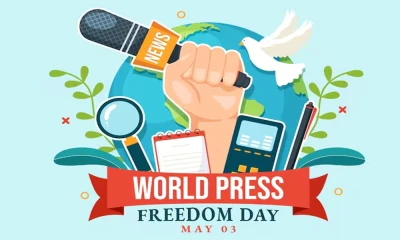
 Pakistan 1 day ago
Pakistan 1 day agoWorld Press Freedom Day being observed today
-

 Regional 13 hours ago
Regional 13 hours agoSindh govt introduces smart card for bus fares in Karachi
-
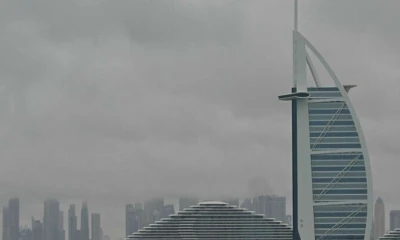
 Pakistan 2 days ago
Pakistan 2 days agoPIA suspends flights to Dubai, Sharjah amid return of heavy rains







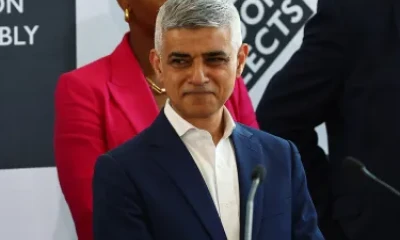



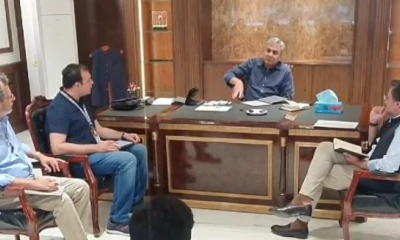

:format(webp)/cdn.vox-cdn.com/uploads/chorus_asset/file/25419778/hamaguchi_profile2021.jpeg)
:format(webp)/cdn.vox-cdn.com/uploads/chorus_asset/file/25419780/EvilDoesNotExist_Still8.jpg)
